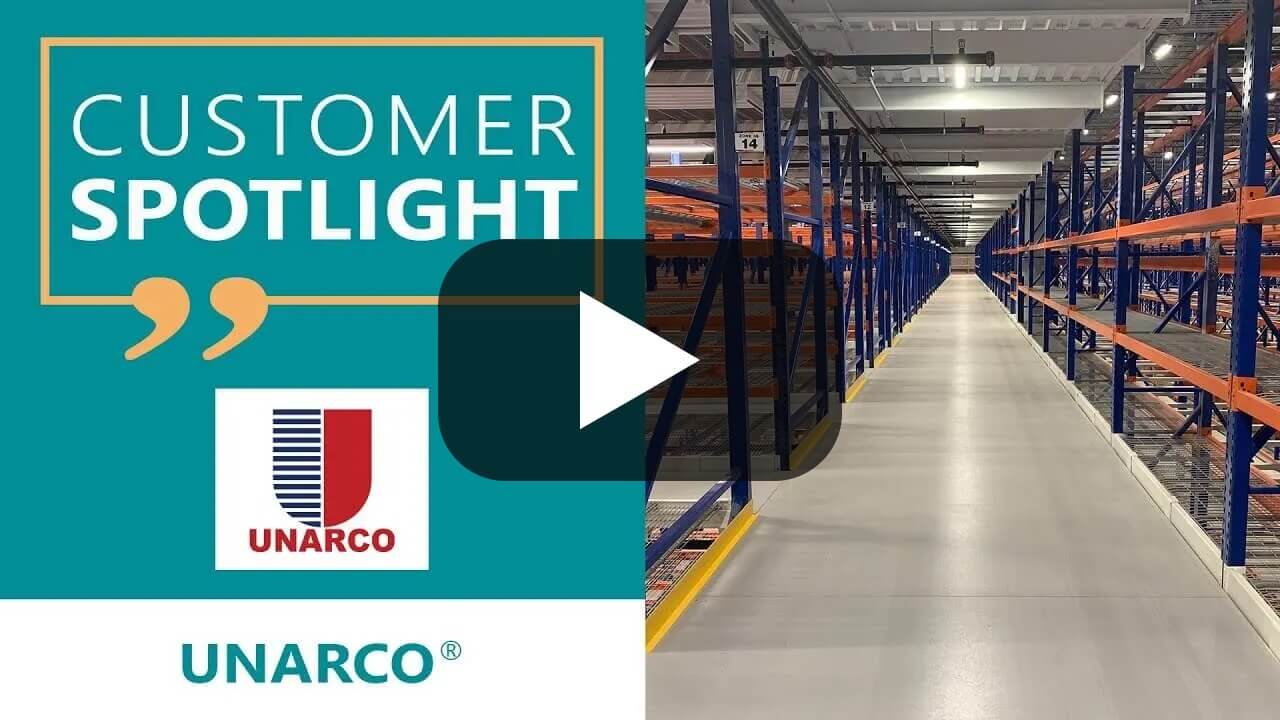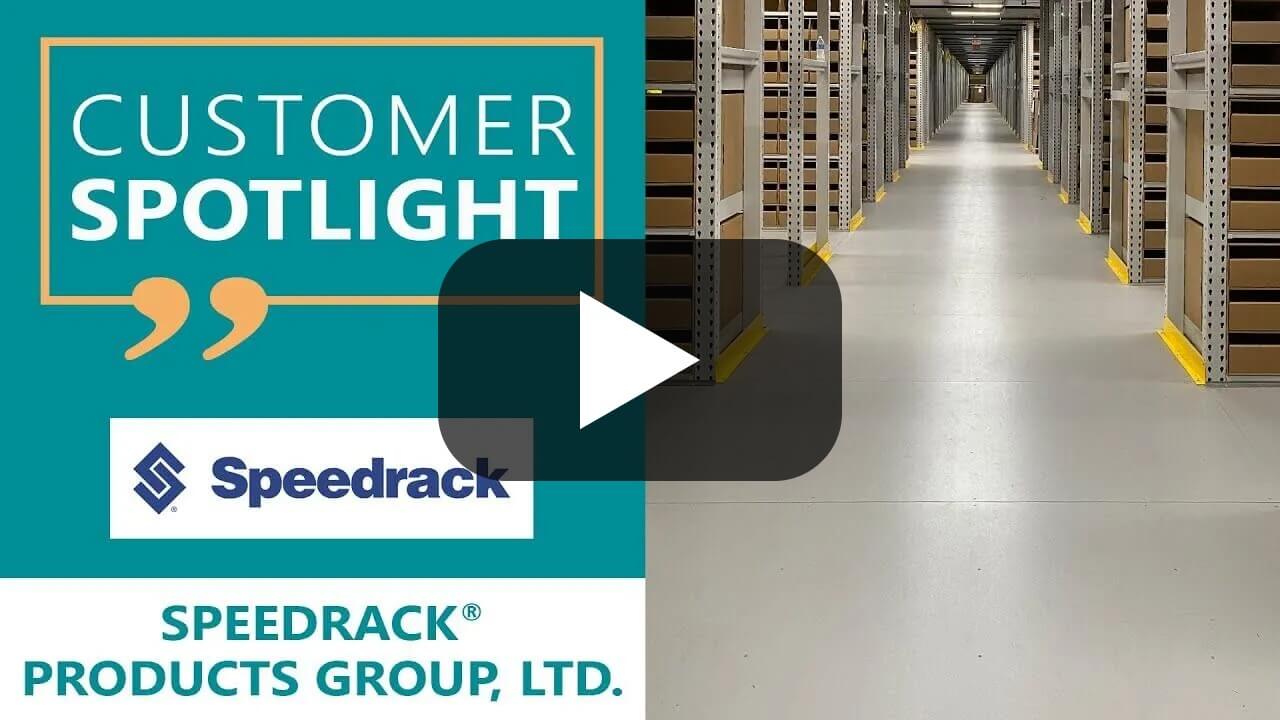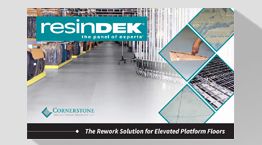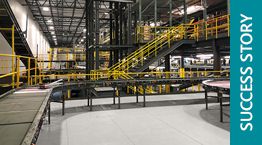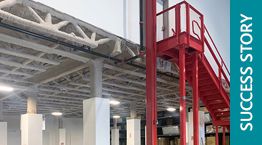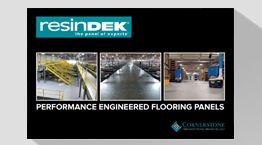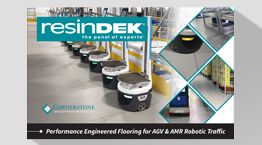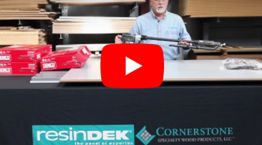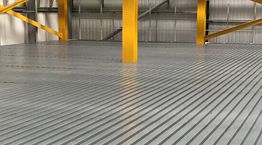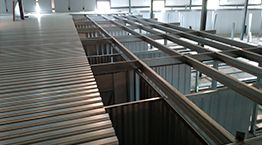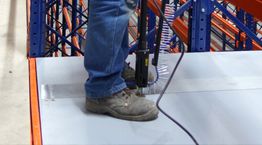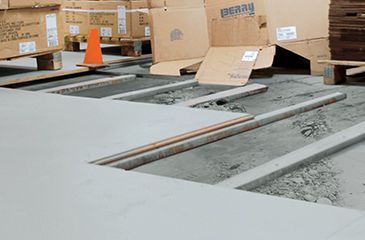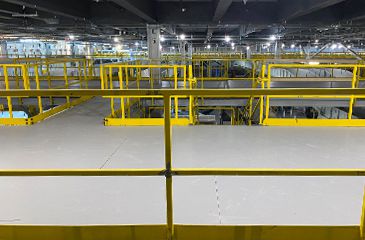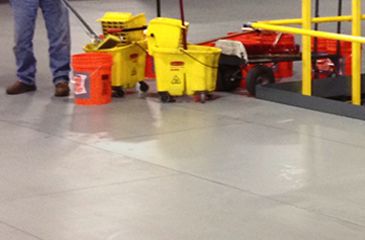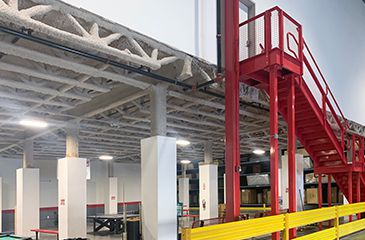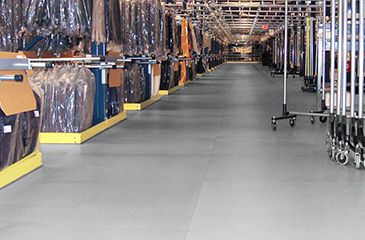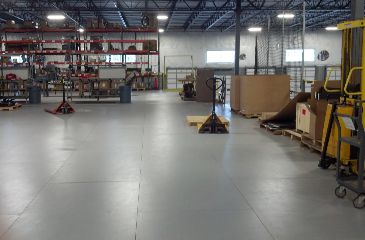
Three Reasons Why Your Industrial Mezzanine Floors Should Have IAPMO Validation
SEP 14 2021 | MATERIAL HANDLING, ROBOTICS, SELF-STORAGE
Not all construction products on the market are created equal, this includes industrial mezzanine floors.
That's why jurisdictions throughout the U.S. and Canada rely on standards when evaluating a proposed structure during the permitting process. This can include the International Building Code (IBC), International Residential Code (IRC), and UL Fire-Resistance Ratings.
But with so many construction products on the market - and so many regulations to know and meet - it's extremely difficult to understand them all.
That's where the International Association of Plumbing and Mechanical Officials (IAPMO) steps in.
The IAPMO provides third-party validation to companies and construction products.
IAPMO's Uniform Evaluation Service (UES) (itself accredited by ANSI) evaluates a product's suitability for use in construction Types I-V.
The evaluation includes reviewing the material's physical, structural, surface burning, fire-resistance, and ignition properties. It is then put in a single report, making it easy for building officials to reference.
There are three key reasons why it matters if your industrial mezzanine floors have IAPMO validation:
#1 Time Savings
Suppose a building official is not familiar with your industrial floors. In that case, a document such as IAPMO's UES Report provides a single resource that details all the relevant testing data and lists the requirements for code acceptance.
Having readily available documentation from an organization widely known and trusted by code officials saves time in the permitting process.
#2 One-Stop Verification of Code Compliance
An IAPMO report concisely documents the data that building officials need to ensure your industrial mezzanine floors satisfy building codes and fire resistance requirements. This way, building officials don't have to search through multiple sources, freeing up time, which leads to a quicker permitting process.
#3 Confirmation of Continued Validity
Reputable third-party evaluation service providers, like IAPMO, require an annual audit to be performed on each issued report.
This renewal practice ensures that the product in question continues to meet the same codes and standards. The manufacturer can also add new results from other fire and impact testing on both existing and new industrial floors.
This assures building officials that they are reviewing the most up-to-date information.
Summary
For all these reasons, ResinDek industrial mezzanine floors have been evaluated and verified in a UES Report from IAPMO.
The report is currently available in two versions: one each for the United States and Canada.
If you have questions, contact us today!
ADDITIONAL BLOG POSTS
DEC
5
2023
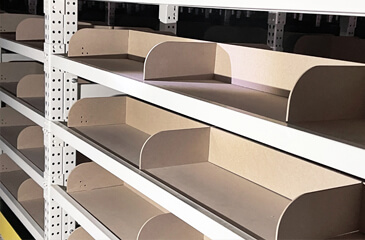
MATERIAL HANDLING, SHELVING
Comparing Shelving Systems for Industrial Pallet Racks: How to Pick the Best Solution
APR
25
2023
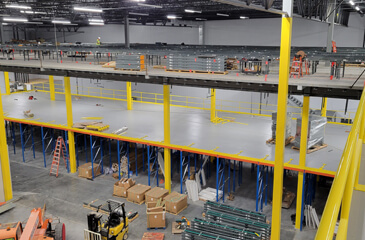
MATERIAL HANDLING, ROBOTICS, SELF-STORAGE
Warehouse Expansion: What To Consider When It's Time to Expand
AUG
23
2022

MATERIAL HANDLING, ROBOTICS, SELF-STORAGE
ResinDek Products Receive Renewed SCS Certification of Environmental Sustainability
JUL
7
2022
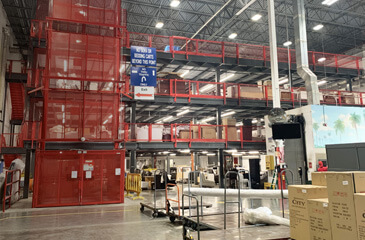
MATERIAL HANDLING, ROBOTICS, SELF-STORAGE
Key Flooring Considerations When Updating an Existing Industrial Mezzanine System
MAR
1
2022

ROBOTICS AGVs AND AMRs
6 Ways Engineered Mezzanine Flooring Maximizes Implementation Success
SEP
14
2021
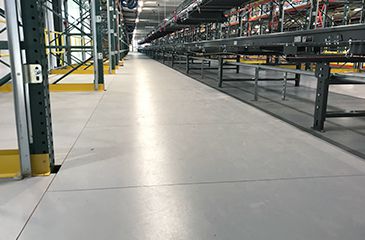
MATERIAL HANDLING, ROBOTICS, SELF-STORAGE
Three Reasons Why Your Industrial Mezzanine Floors Should Have IAPMO Validation
AUG
31
2021
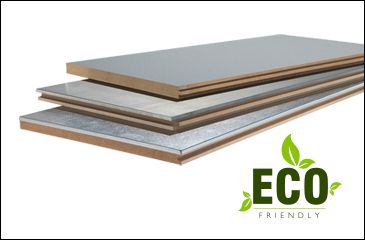
MATERIAL HANDLING, ROBOTICS, SELF-STORAGE
How Warehouse Mezzanine Flooring Earns Credits for LEED® Certification
JUN
29
2021
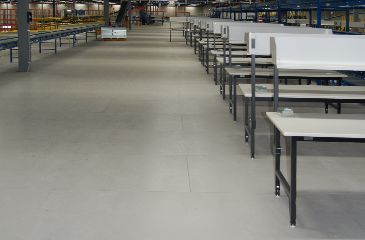
MATERIAL HANDLING, ROBOTICS, SELF-STORAGE
Mezzanine Floors: Strong, Sustainable, Speedy, Safe, Spacious
JAN
24
2021
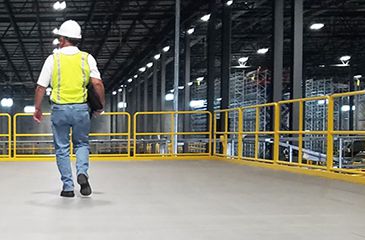
MATERIAL HANDLING, ROBOTICS, SELF-STORAGE
Study Finds ResinDek® Flooring 34% More Cost Effective Than Concrete
MAY
31
2019
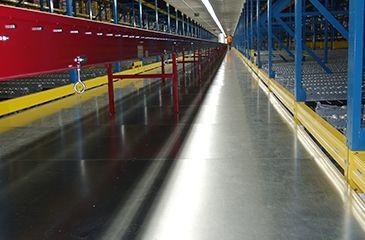
MATERIAL HANDLING, ROBOTICS, SELF-STORAGE
New ResinDek with MetaGard® Finish: Our Strongest Surface Option Yet
MAY
21
2018

MATERIAL HANDLING, ROBOTICS, SELF-STORAGE
The Ergonomic Dangers of Concrete Flooring (And How ResinDek® Floors Can Help)


